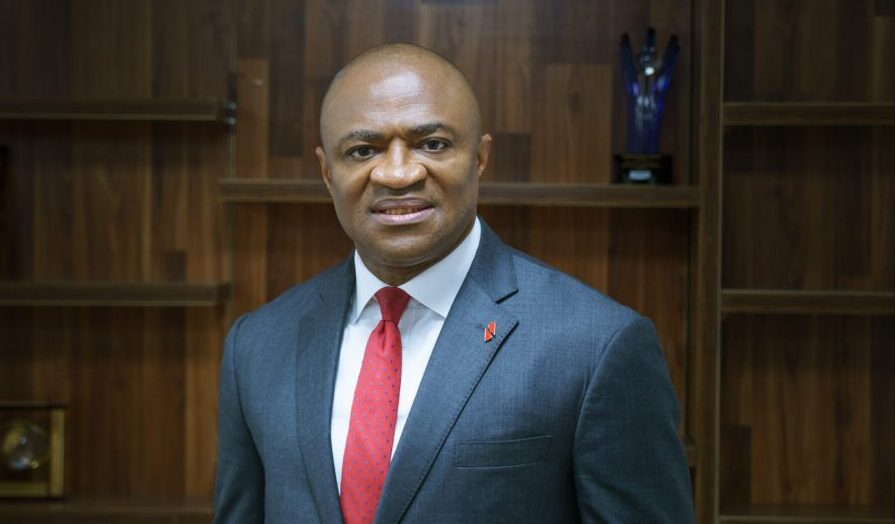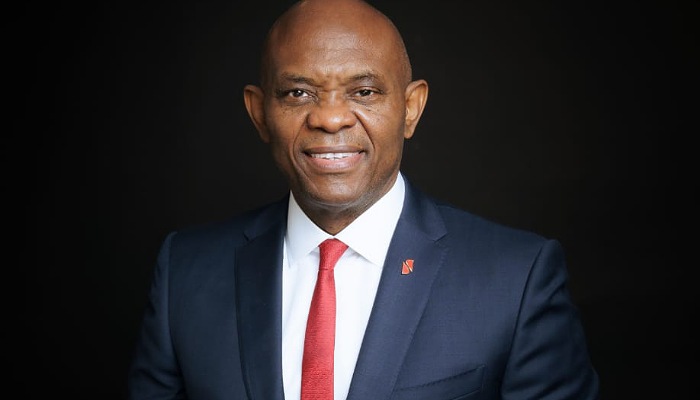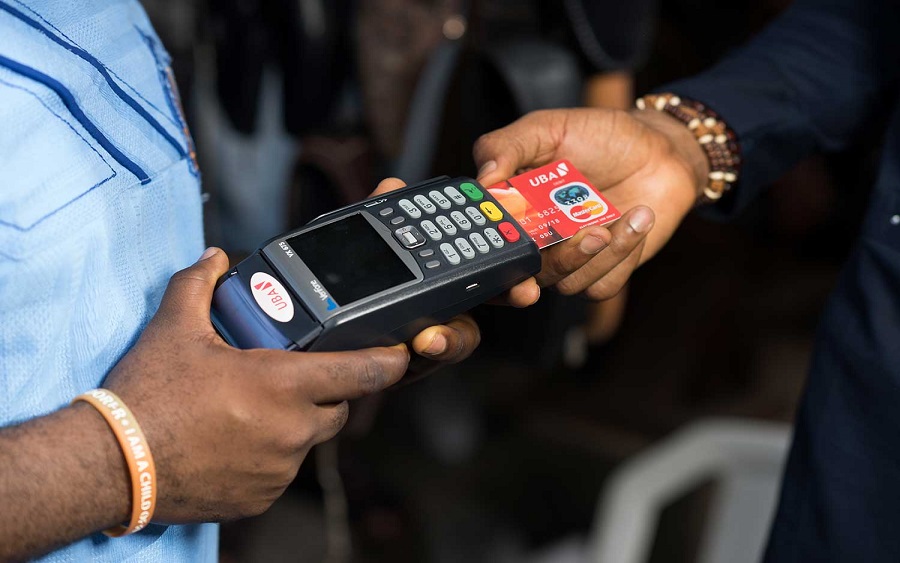Africa’s leading financial institution, United Bank for Africa Plc has announced its audited 2018 half year financial results, showing strong growth across key performance metrics as well as a significant contribution from its African subsidiaries.
Despite declining yield environment in two core markets, Nigeria and Ghana, the pan Africa financial institution delivered double digit growth in gross earnings, as it recorded a 16 percent year-on-year rise in top-line to N258 billion, compared to N223 billion recorded in the corresponding period of 2017.
This performance, according to analysts, underscores the capacity of the Group to deliver strong performance through economic cycles, even in a challenging business environment.
According to the report filed to the Nigerian Stock Exchange on Wednesday, UBA, reported strong growth in operating income at N168.5 billion, compared to N161.8 billion in the first half of 2017, an increase of 4.1 percent.
Notwithstanding the inflation-induced cost pressure in the period, UBA finished the first half of the year strongly, with a Profit Before Tax of N58.1 billion. The Profit After Tax also improved to N43.8 billion, a 3.4 percent growth compared to N42.3 billion achieved in the corresponding period of 2017. The first half of the year profit, translated to pre-tax and post-tax return on average equity of 23% and 17% respectively.
UBA’s foreign operations continue to grow in importance, contributing 40% of the Group’s profit, which according to analysts attests to the benefit of UBA’s pan-African strategy and reinforces the Bank’s objective of achieving 50 percent earnings contribution from offshore subsidiaries.
In the first six months of the year, the Bank’s Total Assets grew 4.9% to N4.27 trillion and Customer Deposits rose by 6.1 per cent to N2.90 trillion, compared to N2.73 trillion as at December 2017.
This growth trajectory underlines UBA’s market share gain, as it increasingly wins customers through its re-engineered customer service and innovative digital offerings. The Group’s Shareholders’ Funds remained strong at N496.3 billion, even as implementation of IFRS 9 impacted the total equity of the bank and its peers.
In line with its culture of paying both interim and final cash dividend, the Board of Directors of UBA Plc declared an interim dividend of N0.20 per share for every ordinary share of N0.50 each held on the qualification date – Wednesday, September 05, 2018.
Commenting on the results, the Group Managing Director/CEO, United Bank for Africa Plc (UBA), Mr. Kennedy Uzoka said: “Our performance in the first half the year reflects the resilience of our business model and strategies. Despite declining yields in two core markets, Nigeria and Ghana, we delivered double digit growth in gross earnings. Our performance demonstrates the success of our digital banking initiatives and broader Customer-First strategies”
“We are integrating banking to our customers’ lifestyle, simplifying processes for routine transactions and driving financial inclusion by making banking services accessible and affordable. We are creating opportunities for wealth creation and economic progress, as we empower our customers through innovative platforms and solutions that support their personal and business growth.
“Our commitment to delivering excellent service is paying-off, as we increasingly win a bigger share of customers’ wallet across our chosen markets. We won the highly coveted “Africa’s Best Digital Bank” Award by Euromoney, demonstrating our pioneering initiatives are being recognised with Leo, our digital banker having been name checked by Mark Zuckerberg ” Uzoka said.
“Our enhanced asset-liability management strategies improved asset yield and grew interest income by 21% despite prevailing yield environment. Our re-engineered sales structure provided the impetus for renewed retail deposit growth.
“I am particularly pleased by the 24% year-to-date growth in retail savings and current account deposits, underpining the increasing penetration of our digital offerings and the Group’s overarching goal of democratizing banking across Africa.
“We improved net interest margin to 7.4%in line with our 2018 target, notwithstanding strong competition for wholesale deposits and the impact of rising global interest rates on our foreign currency funding,” he concluded
Also speaking on UBA’s financial performance and position, the Group CFO, Ugo Nwaghodoh said; “We finished the first half of the year in a stronger position and we are optimistic on the future of our business. Amidst economic recovery and uncertainties in Nigeria, our largest market, we grew net interest income and operating income by 9.6% and 4.1% respectively.
“We doubled revenue from trade services and grew e-banking income by 24%, a testament to our market share gain, which is driven by innovative offerings. Our foreign operations contributed 40% of Group’s profit, underlining the benefit of our Pan-African strategy.
“We sustained our asset quality, with cost of risk at 0.8%. Whilst the loan book declined by 6.5% due to prepayments from some customers in Nigeria and Ghana, we grew the overall balance sheet by 5% in the first half of the year. The Group’s capital adequacy ratio of 23%, Bank’s liquidity ratio of 48% and loan-to-deposit ratio of 57% all reinforce our capacity to grow, with ample headroom for risk asset creation,” Nwaghodoh said.
In recognition of UBA’s dominance in Africa’s digital banking space, UBA emerged the Best Institution in Digital Banking across Africa, courtesy of Euromoney. Earlier in the year, UBA launched Leo, an e-chat service using artificial intelligence to help customers execute transactions on Facebook, the first of its kind in Africa. The Bank is set to replicate the success of Leo on WhatsApp on September 1st, bringing convenience to its growing youthful customer base across Africa.
UBA is one of Africa’s leading banks with operations in 20 African countries. It also has presence in the global financial centres; London, New York, and Paris. UBA provides banking services to more than 15 million customers globally, through diverse channels.














.gif)





